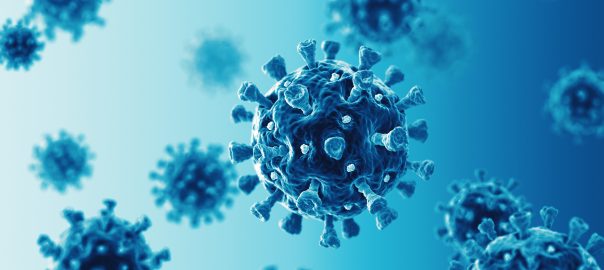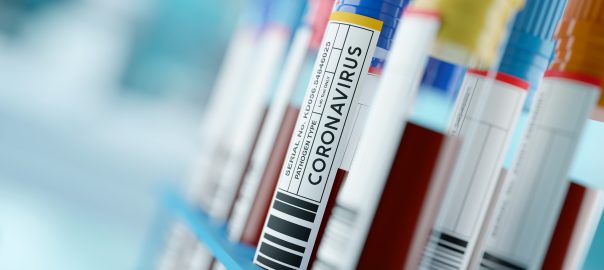Kavita Bhat, PhD, is the Vice President of Lab Operations at Myriad Neuroscience, a subsidiary of Myriad Genetics. In her role, Dr. Bhat works closely with her colleagues to perform pharmacogenetic (PGx) testing – a type of genetic test that provides doctors and patients with vital clinical information to inform care.
Providers rely on PGx tests to identify genetic markers and clinically actionable information that can anticipate a patient’s response to drugs based on well-documented scientific evidence. By helping providers pinpoint potential adverse drug reactions and response markers, PGx testing helps limit the significant costs associated with trial and error and supports a more efficient, patient-centered approach to care. As Dr. Bhat notes, this is particularly important for patients managing mental health conditions – the focus of her lab – given the health complications that may arise if a patient isn’t prescribed a medication compatible with their genetic makeup.
Dr. Bhat also shares how ongoing genetic innovations can play a critical role in making health care delivery more efficient, lowering patients’ costs, and improving their access to appropriate treatments. Given the direct role and value that these tests provide, “We really need to continue investing in research and development in order to provide better quality and improved outcomes,” emphasizes Dr. Bhat. “We’re all trying to improve care.”
Watch below for highlights from the interview with Dr. Bhat and learn more about the critical work performed by laboratory professionals across the country.


